The annual U.S. Beekeeping Survey results are in for the 2024-2025...
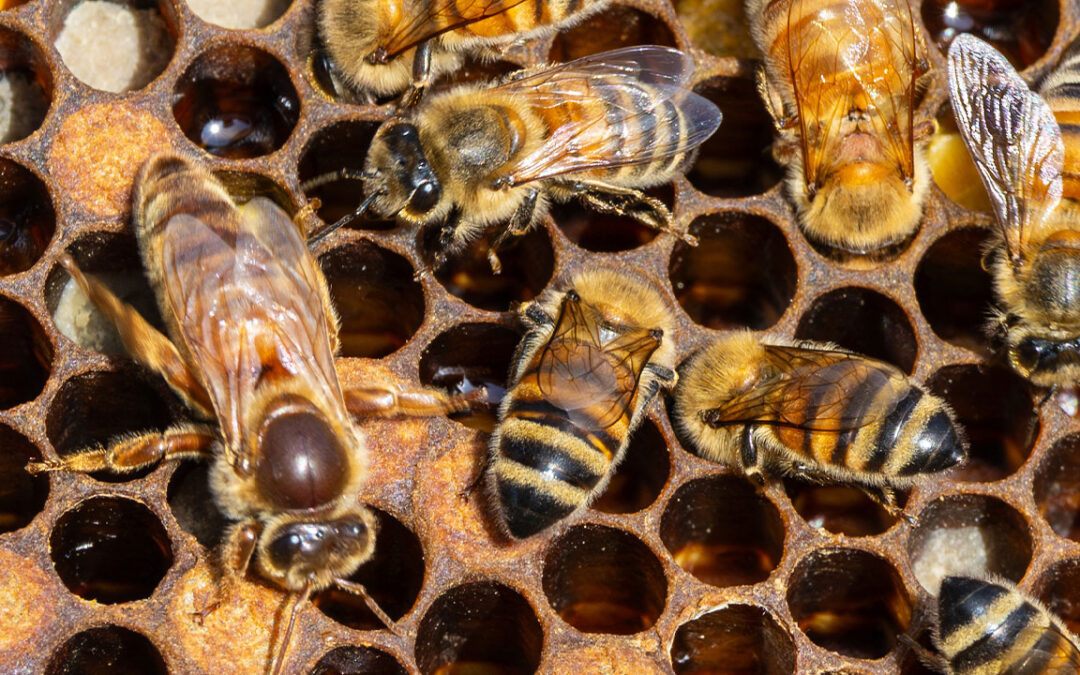

The annual U.S. Beekeeping Survey results are in for the 2024-2025...
New model to help farmers make better investment decisions By Danielle Lunny Alabama farmers considering investing in irrigation equipment will soon have a free, comprehensive online tool to help them decide. A new prediction model will combine weather and economic...
Auburn University graduate students and one faculty member rose above and beyond for this year’s Southern Integrated Pest Management (IPM) Awards. For the first time, two Auburn doctoral candidates, Caitlyn Lawton and Rogan Tokach, were honored for their achievements...
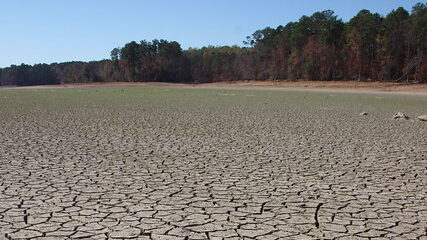
Alabama has been a stranger to the rain several times during the past few years. To prepare the state with more than just a forecast, the Alabama Drought Reach (ADR)...
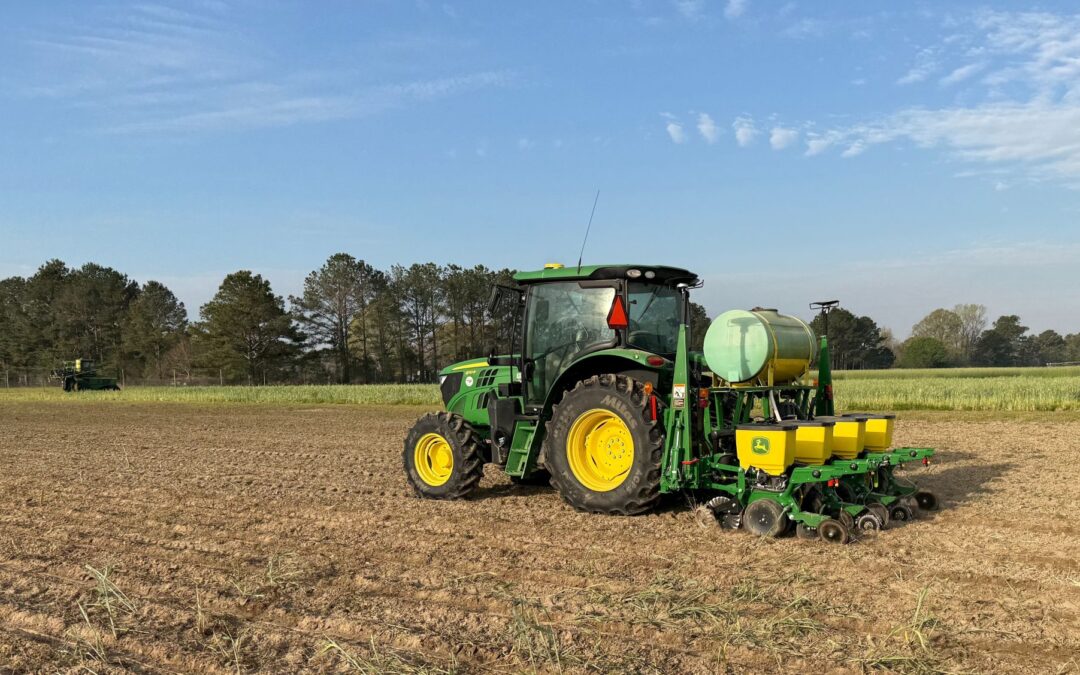
As spring planting shifts into high gear in farmers’ fields throughout the Southeast, few agricultural operations come close to matching the diversity of crops and...
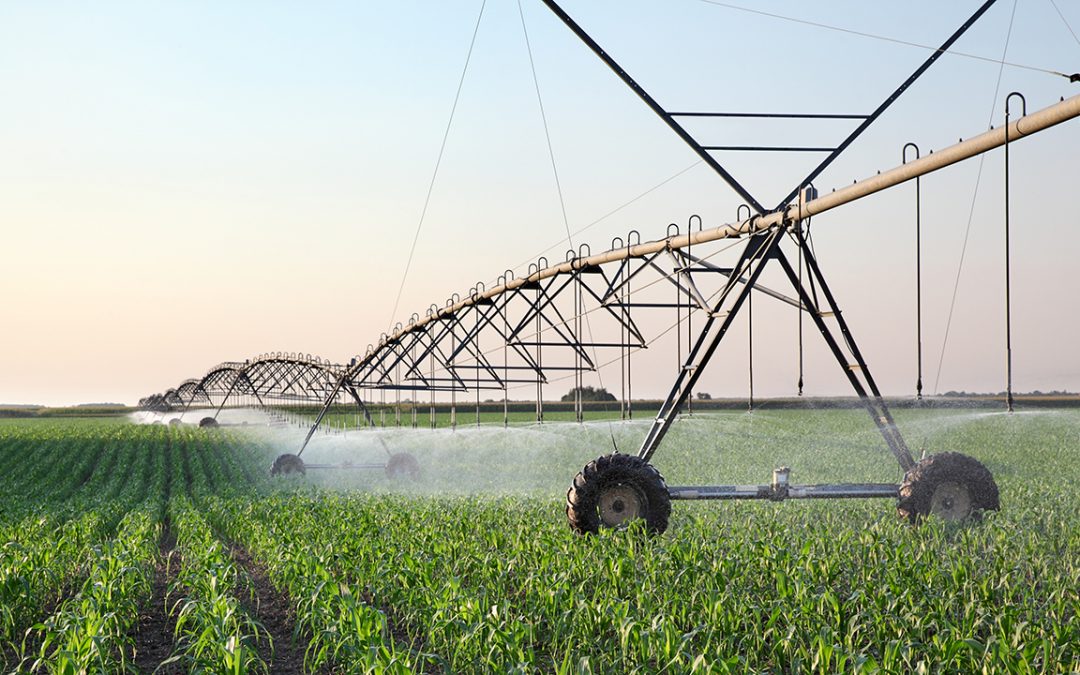
New model to help farmers make better investment decisions By Danielle Lunny Alabama farmers considering investing in irrigation equipment will soon have a free,...
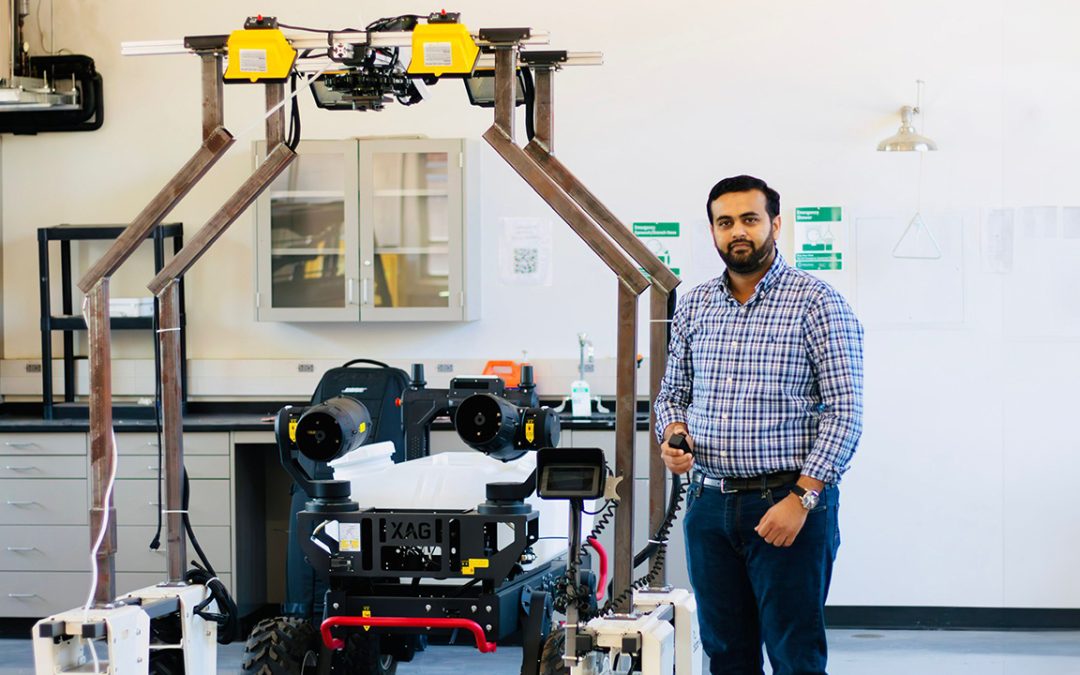
An AI-powered robot will be able to inventory thousands of plants while also collecting data on plant growth, pests and diseases.
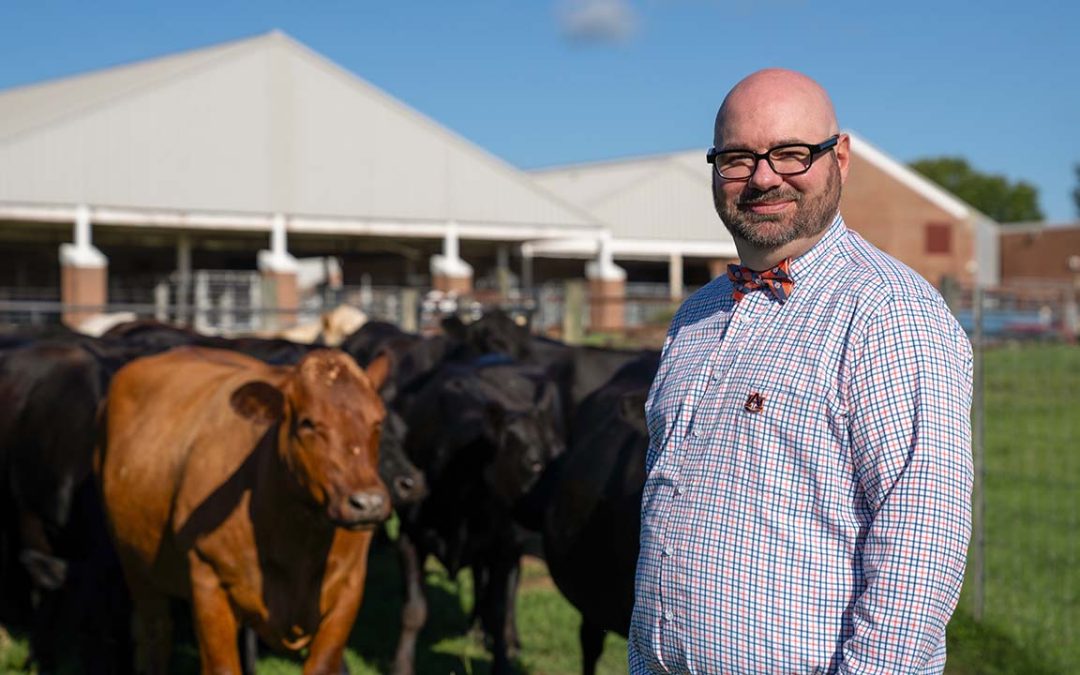
Sometimes, one Auburn University researcher says, it makes sense to increase input costs in one part of the system if it means costs are decreased somewhere else or the profit margin of the system is increased.

The USDA National Institute of Food and Agriculture (NIFA) Agriculture and Food Research Initiative (AFRI) recently awarded Aniruddha Maity a $300,000 grant to….
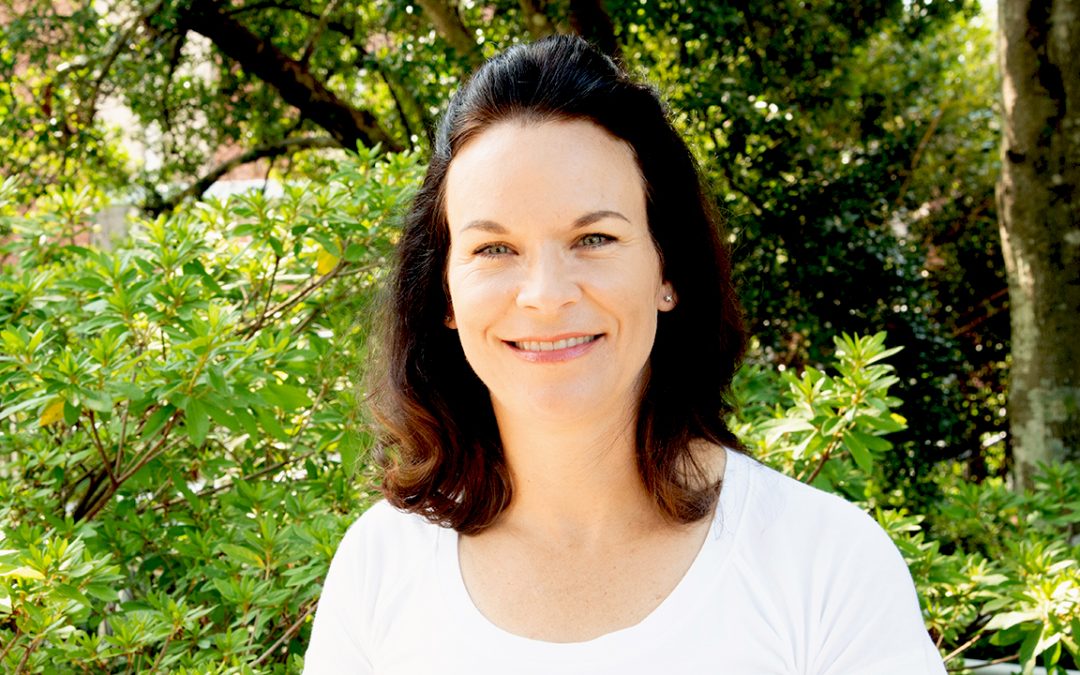
The U.S. Fish and Wildlife Service, in consultation with the Mississippi Department of Wildlife, Fisheries, and Parks, has awarded Dr. Shannon Brewer a $433, 867 grant to….
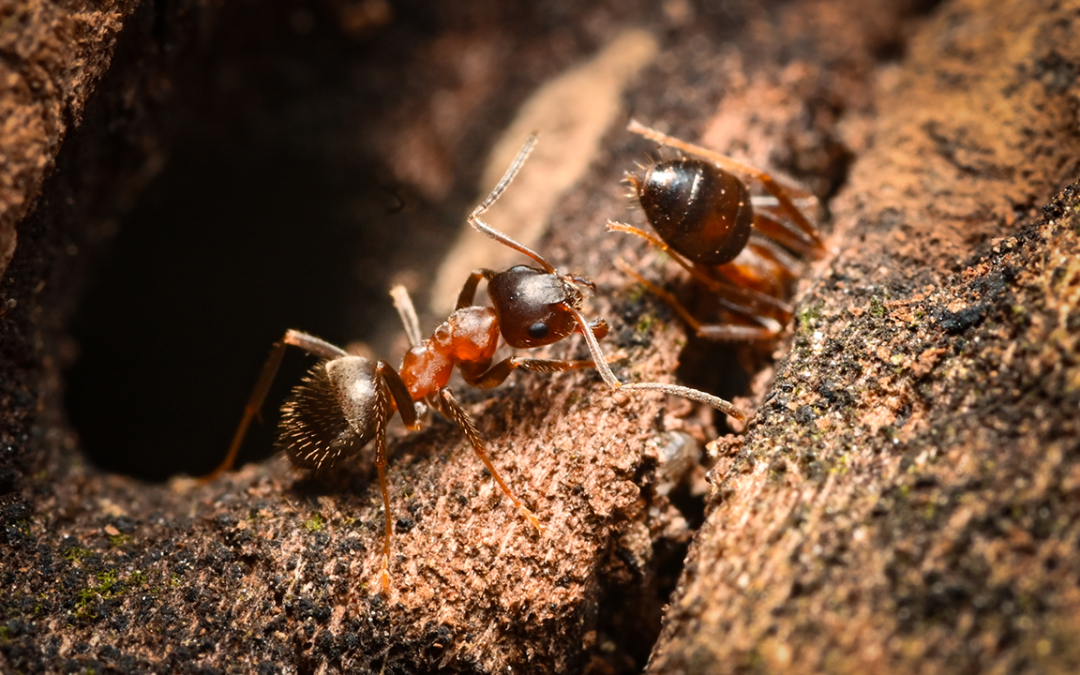
Auburn University researcher part of team identifying fast-multiplying New York City ant An unidentified ant that went viral following its discovery in the heart of New York City has finally been studied and identified. The ant first made national headlines and was...
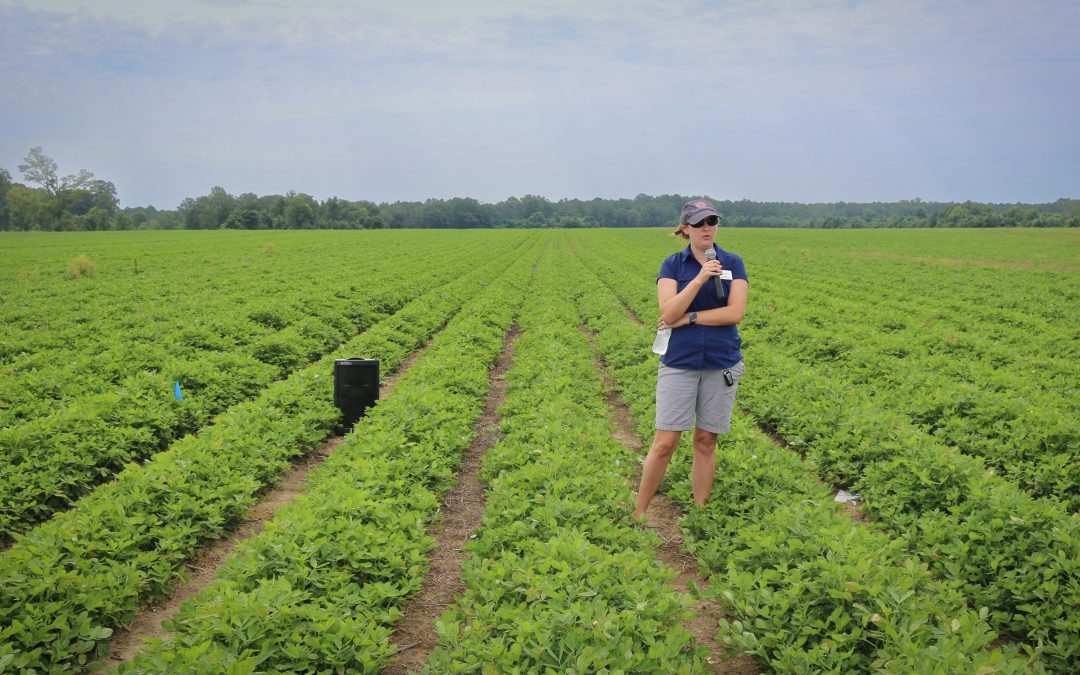
U.S. peanut producers have seen peaks and valleys in their yields over the years, prompting researchers at Auburn University to…
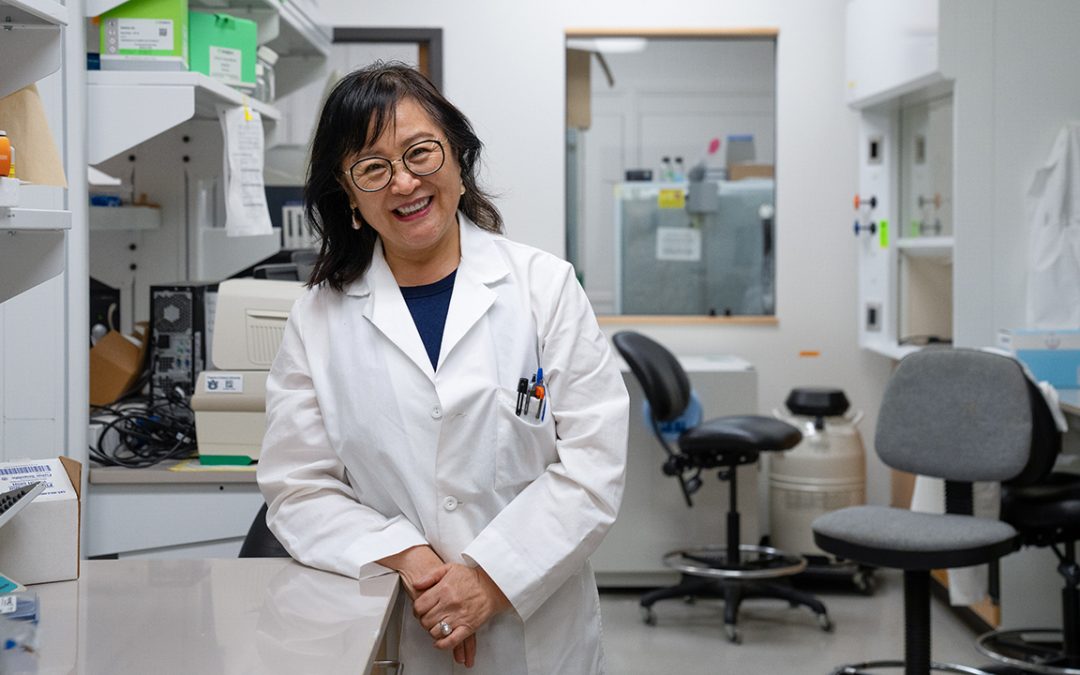
A seasoned researcher and administrator in the Auburn University College of Agriculture and one of the top 2% of entomologists in the world got her start in the field because of the kindness of a neighbor.
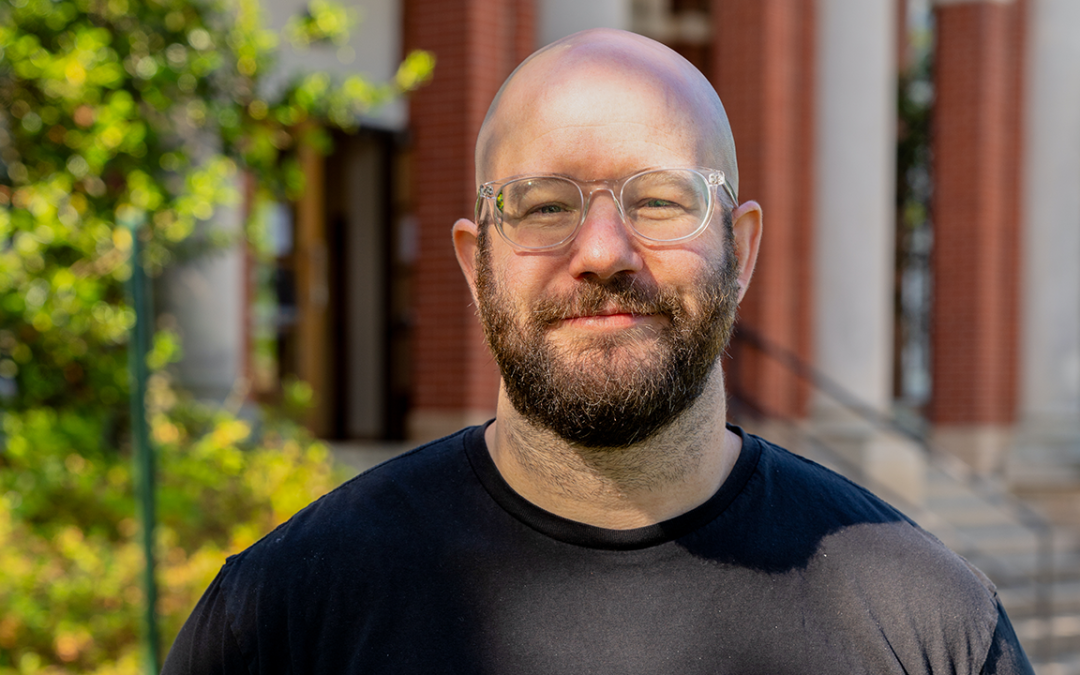
One of several grants offered through the Alabama Agricultural Experiment Station (AAES) research program for the current fiscal year will allow for the continuation of groundbreaking research originally established at Auburn University that focuses on using beneficial bacteria for promoting plant growth, plant health, nutrient uptake and insect pest prevention.
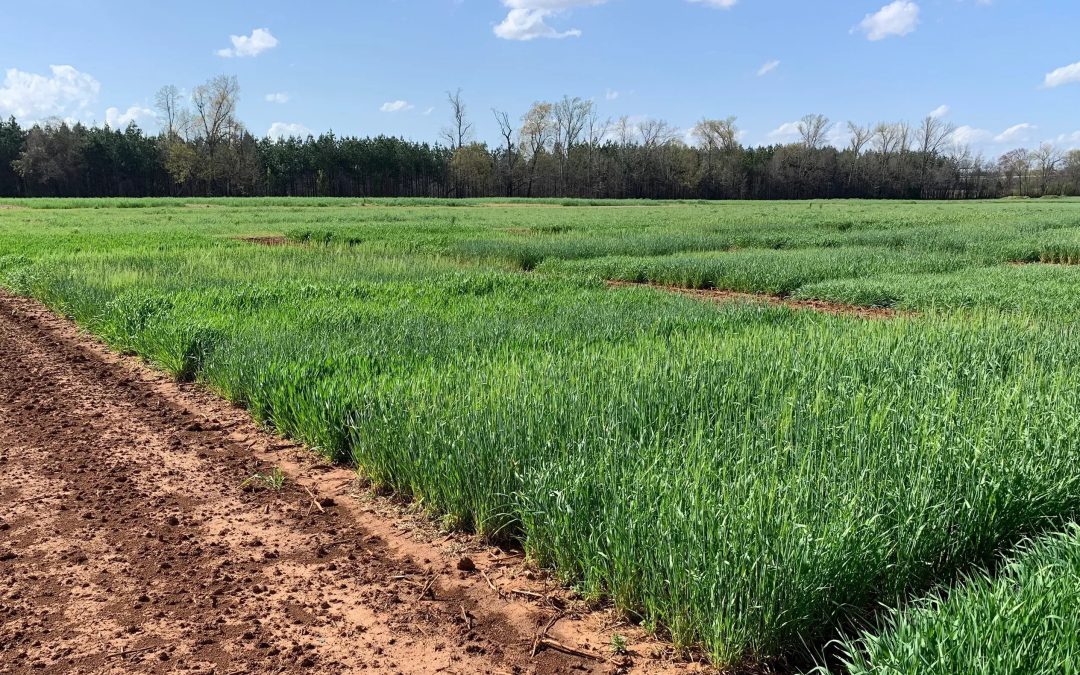
Research shows Alabama barley good for beer, rotational crop The first beer ever brewed from Alabama-grown barley made its debut this past fall, and Auburn University researchers are looking at even more possibilities for a crop that’s not so common to farmers in the...
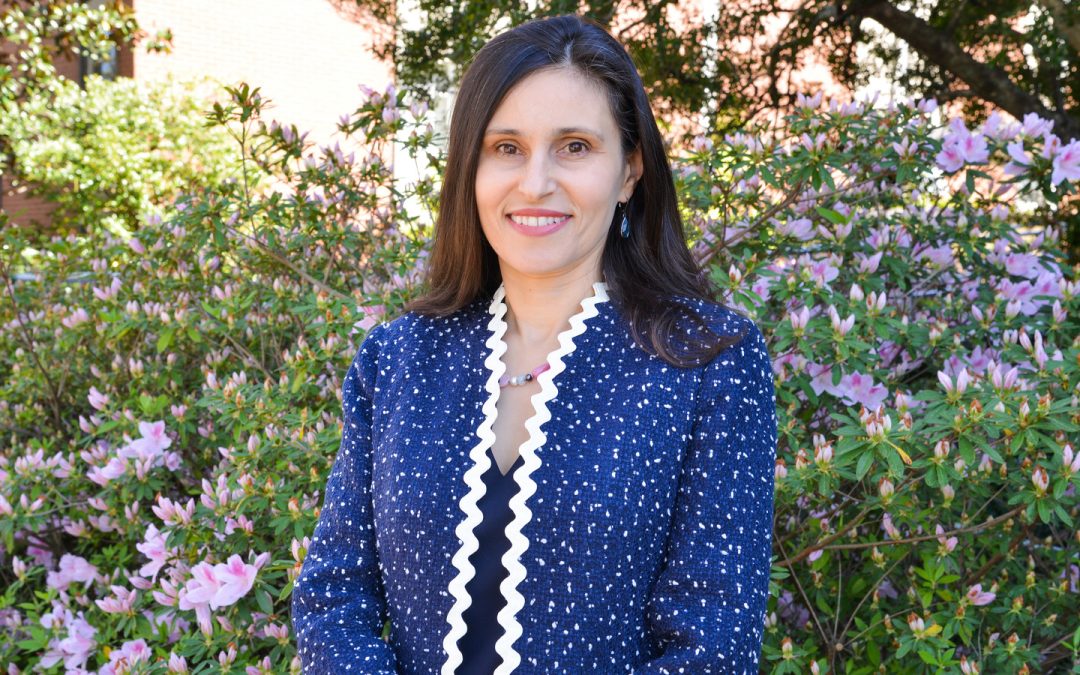
Research made possible by $650,000 USDA-NIFA grant The number of farms in the U.S. operated by women has grown 27% in recent years. Yet, despite their growing number and influence, little is known about the needs of women in farming, the challenges they face and their...

The USDA National Institute of Food and Agriculture recently awarded a $3.9 million, five-year grant to a team of researchers to enhance honey bee health for pollination of specialty crops. Auburn University associate professors Geoff Williams, from the Department of...
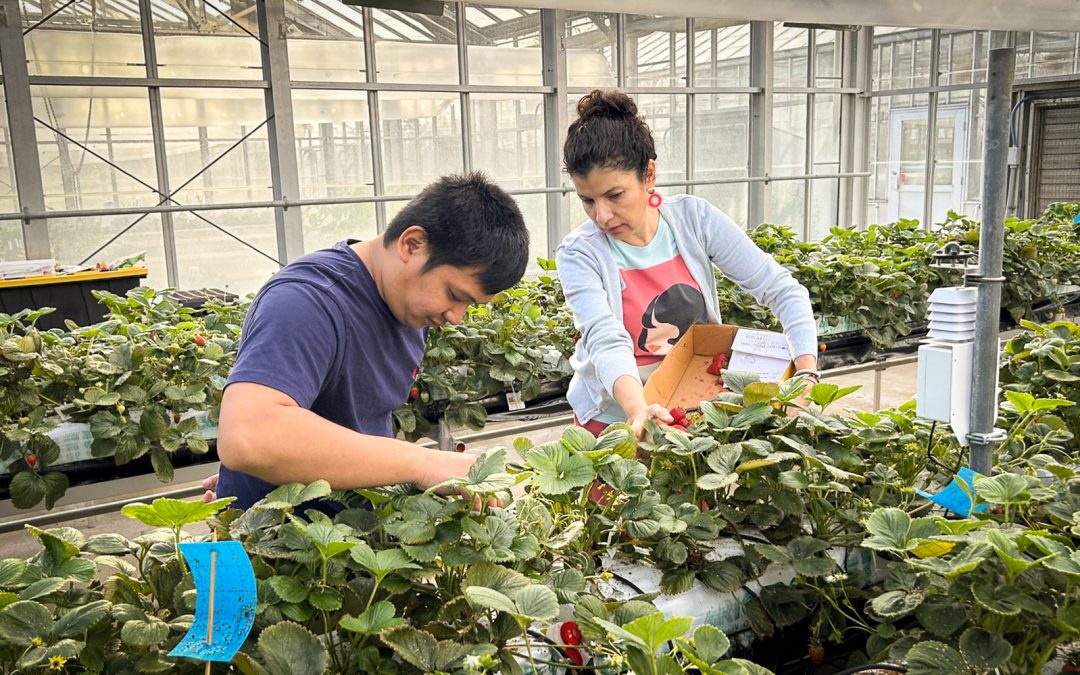
Fresh Alabama strawberries in November, December, January and February? It’s not as far-fetched as it may sound. In fact, research taking place at the Auburn University Alabama Agricultural Experiment Station (AAES) is showing great promise in growing strawberries in...

The National Oceanic and Atmospheric Administration awarded Auburn University’s Di Tian a two-year, $313,420 grant to develop improved long-term, high-resolution precipitation data over the United States. Tian is an associate professor in Auburn’s Department of Crop,...
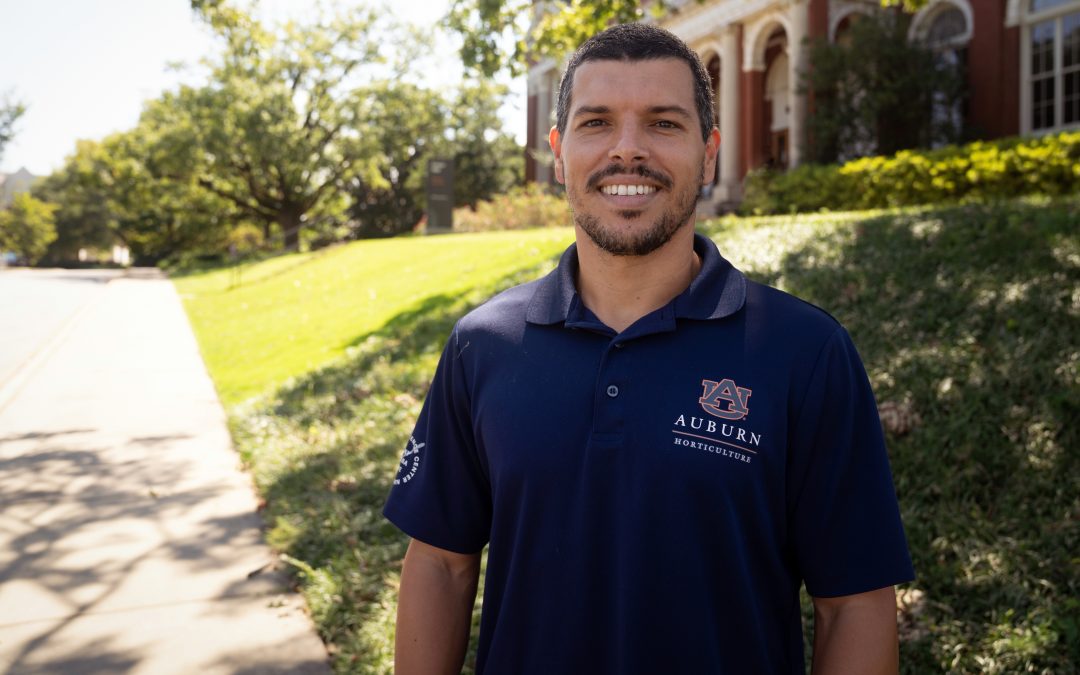
By Rachel Damiani Assistant Professor Andre da Silva is conducting cutting-edge research on ways to grow hops in Alabama within Auburn University’s Department of Horticulture in collaboration with faculty, industry leaders and students. As an Alabama Extension...
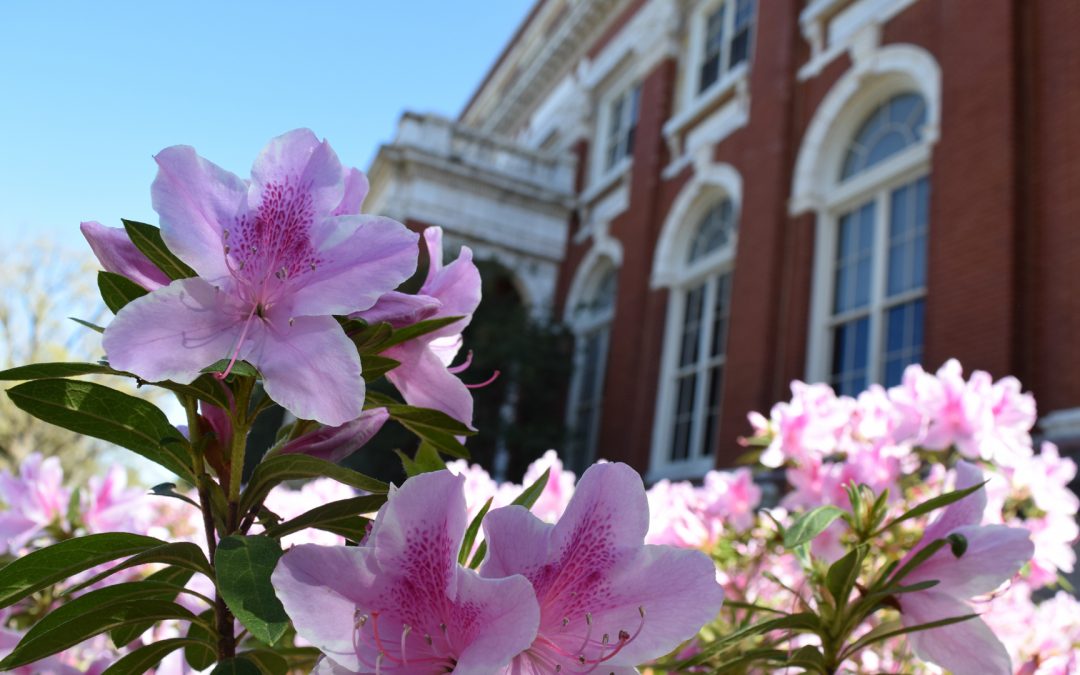
Students in the Auburn University College of Agriculture excelled in statewide, regional and national competitions this fall. Below is a sampling of the prestigious awards garnered by deserving students in our college. Students place in national agronomy competition...
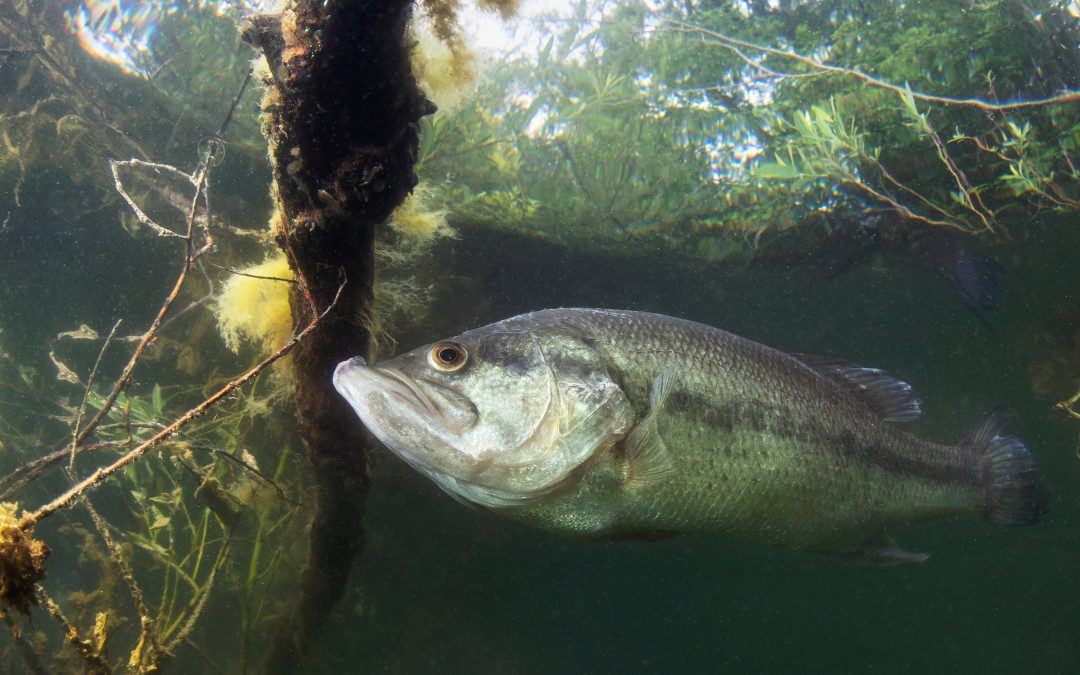
Research made possible by $650,000 USDA-NIFA grant By Adam Cletzer In the $1.5 billion U. S. aquaculture industry, largemouth bass production is a small fry. The fish’s unusually high mortality rate across all stages of production makes it a challenge for farmers to...
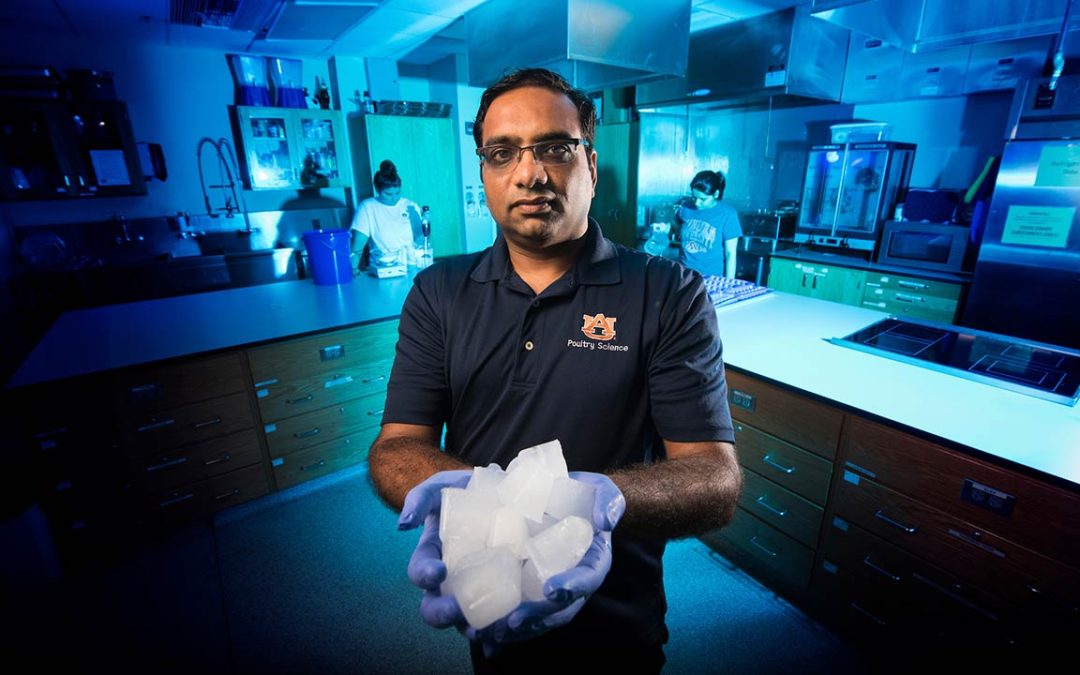
This week’s segment of the Everything Auburn podcast delves into the research of one of Auburn's rockstar professor experts, Amit Morey, and his work in improving the quality and safety of poultry products. Morey is an associate professor of poultry science in...
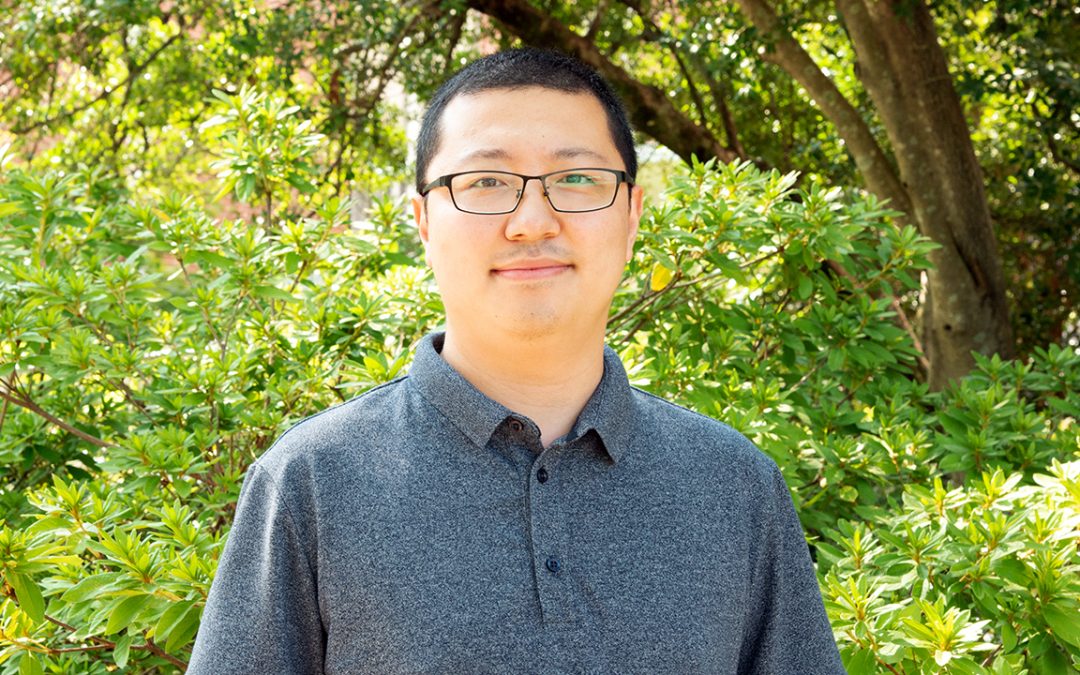
The U.S. Department of Agriculture (USDA) National Institute of Food and Agriculture (NIFA) has announced an investment of nearly $22 million in agricultural economics research that includes agricultural markets, international trade, farm labor, consumer behavior and...
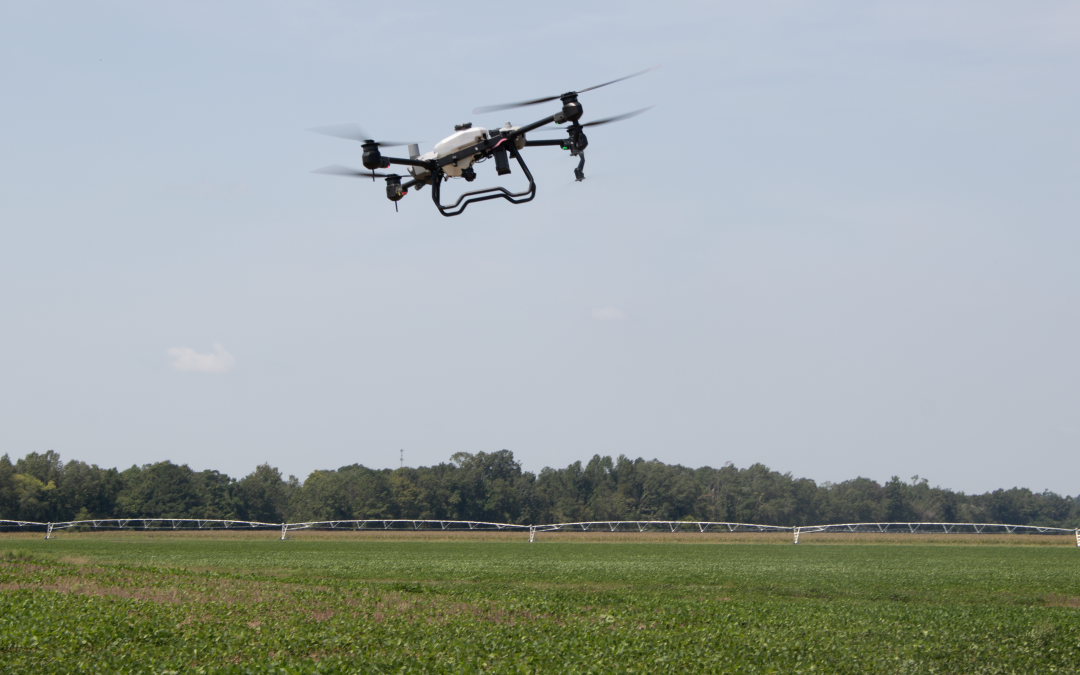
While drones were initially used in agriculture primarily for collecting crop and field-condition data, Auburn University researcher Steve Li is leading an effort to explore how the small, remotely piloted aircraft can be used to apply pesticides and other farm...
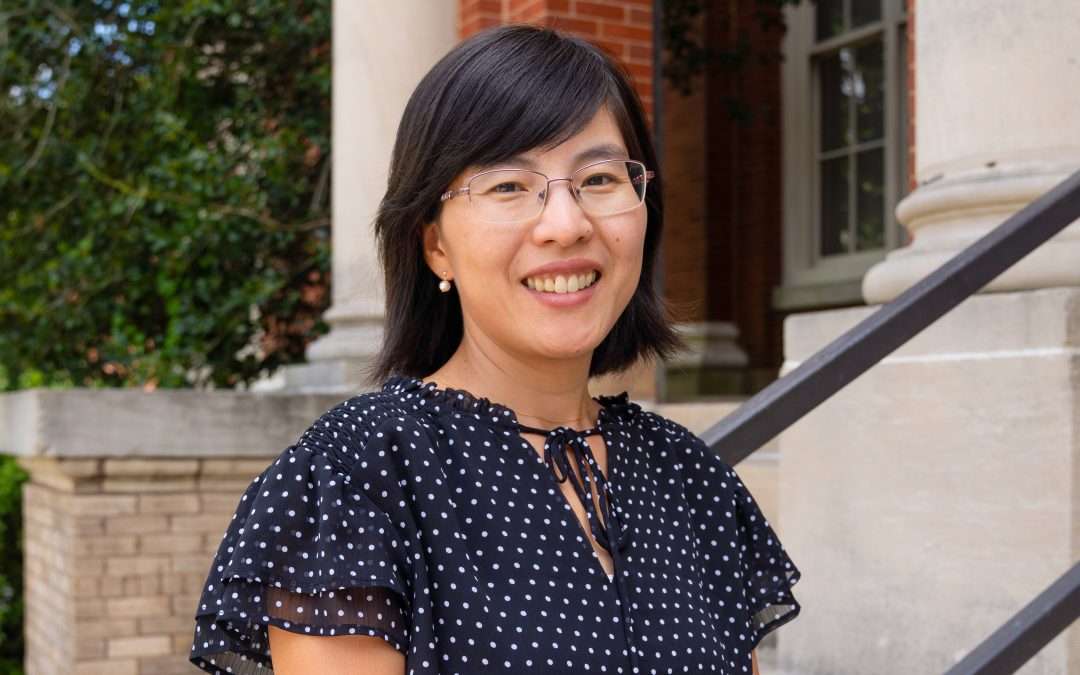
Blueberry breeding and research at Auburn University received new support in the form of a $5.2 million award from the USDA Specialty Crops Research Initiative Program. Sushan Ru, an assistant professor and blueberry breeder in the Department of Horticulture, was part...
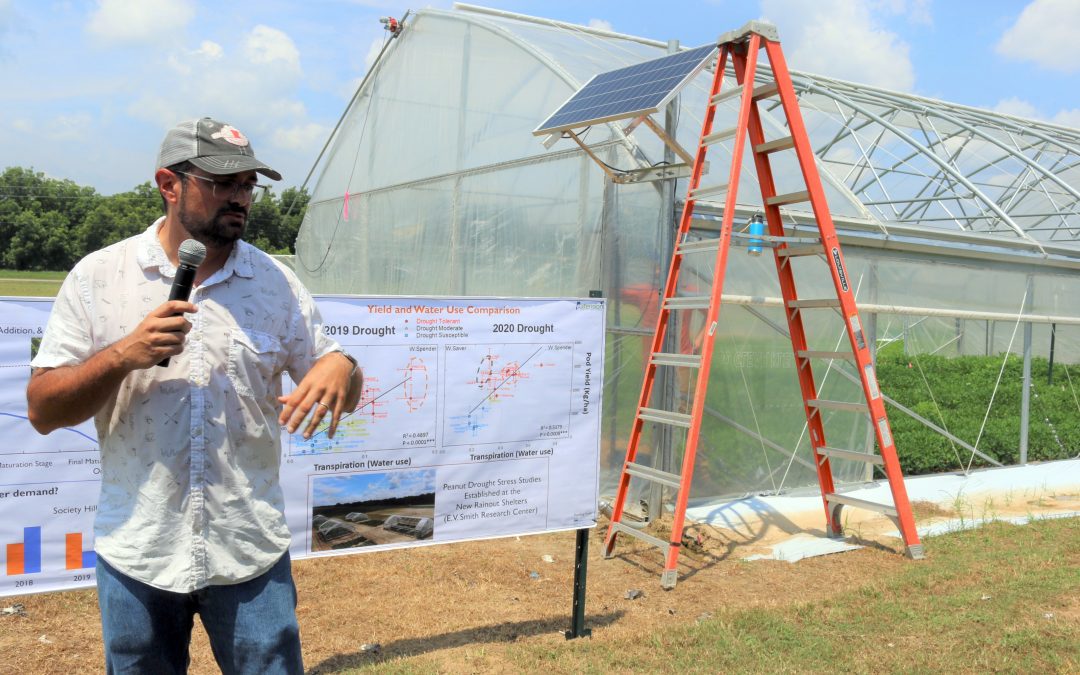
Auburn researchers look for drought tolerance The old adage of not being able to control the weather might be true, but Auburn researchers are looking for ways to at least mitigate the effects of drought on peanut production. The American Peanut Council has identified...

An AI-powered robot will be able to inventory thousands of plants while also collecting data on plant growth, pests and diseases.

Sometimes, one Auburn University researcher says, it makes sense to increase input costs in one part of the system if it means costs are decreased somewhere else or the profit margin of the system is increased.

The USDA National Institute of Food and Agriculture (NIFA) Agriculture and Food Research Initiative (AFRI) recently awarded Aniruddha Maity a $300,000 grant to….

The U.S. Fish and Wildlife Service, in consultation with the Mississippi Department of Wildlife, Fisheries, and Parks, has awarded Dr. Shannon Brewer a $433, 867 grant to….

Auburn University researcher part of team identifying fast-multiplying New York City ant An unidentified ant that went viral following its discovery in the heart of New York City has finally been studied and identified. The ant first made national headlines and was...

U.S. peanut producers have seen peaks and valleys in their yields over the years, prompting researchers at Auburn University to…

A seasoned researcher and administrator in the Auburn University College of Agriculture and one of the top 2% of entomologists in the world got her start in the field because of the kindness of a neighbor.

One of several grants offered through the Alabama Agricultural Experiment Station (AAES) research program for the current fiscal year will allow for the continuation of groundbreaking research originally established at Auburn University that focuses on using beneficial bacteria for promoting plant growth, plant health, nutrient uptake and insect pest prevention.

Research shows Alabama barley good for beer, rotational crop The first beer ever brewed from Alabama-grown barley made its debut this past fall, and Auburn University researchers are looking at even more possibilities for a crop that’s not so common to farmers in the...

Research made possible by $650,000 USDA-NIFA grant The number of farms in the U.S. operated by women has grown 27% in recent years. Yet, despite their growing number and influence, little is known about the needs of women in farming, the challenges they face and their...

The USDA National Institute of Food and Agriculture recently awarded a $3.9 million, five-year grant to a team of researchers to enhance honey bee health for pollination of specialty crops. Auburn University associate professors Geoff Williams, from the Department of...

Fresh Alabama strawberries in November, December, January and February? It’s not as far-fetched as it may sound. In fact, research taking place at the Auburn University Alabama Agricultural Experiment Station (AAES) is showing great promise in growing strawberries in...

The National Oceanic and Atmospheric Administration awarded Auburn University’s Di Tian a two-year, $313,420 grant to develop improved long-term, high-resolution precipitation data over the United States. Tian is an associate professor in Auburn’s Department of Crop,...

By Rachel Damiani Assistant Professor Andre da Silva is conducting cutting-edge research on ways to grow hops in Alabama within Auburn University’s Department of Horticulture in collaboration with faculty, industry leaders and students. As an Alabama Extension...

Students in the Auburn University College of Agriculture excelled in statewide, regional and national competitions this fall. Below is a sampling of the prestigious awards garnered by deserving students in our college. Students place in national agronomy competition...

Research made possible by $650,000 USDA-NIFA grant By Adam Cletzer In the $1.5 billion U. S. aquaculture industry, largemouth bass production is a small fry. The fish’s unusually high mortality rate across all stages of production makes it a challenge for farmers to...

This week’s segment of the Everything Auburn podcast delves into the research of one of Auburn's rockstar professor experts, Amit Morey, and his work in improving the quality and safety of poultry products. Morey is an associate professor of poultry science in...

The U.S. Department of Agriculture (USDA) National Institute of Food and Agriculture (NIFA) has announced an investment of nearly $22 million in agricultural economics research that includes agricultural markets, international trade, farm labor, consumer behavior and...

While drones were initially used in agriculture primarily for collecting crop and field-condition data, Auburn University researcher Steve Li is leading an effort to explore how the small, remotely piloted aircraft can be used to apply pesticides and other farm...

Blueberry breeding and research at Auburn University received new support in the form of a $5.2 million award from the USDA Specialty Crops Research Initiative Program. Sushan Ru, an assistant professor and blueberry breeder in the Department of Horticulture, was part...

Auburn researchers look for drought tolerance The old adage of not being able to control the weather might be true, but Auburn researchers are looking for ways to at least mitigate the effects of drought on peanut production. The American Peanut Council has identified...